Magic Breaking Pencil Light Refraction Science for Kids
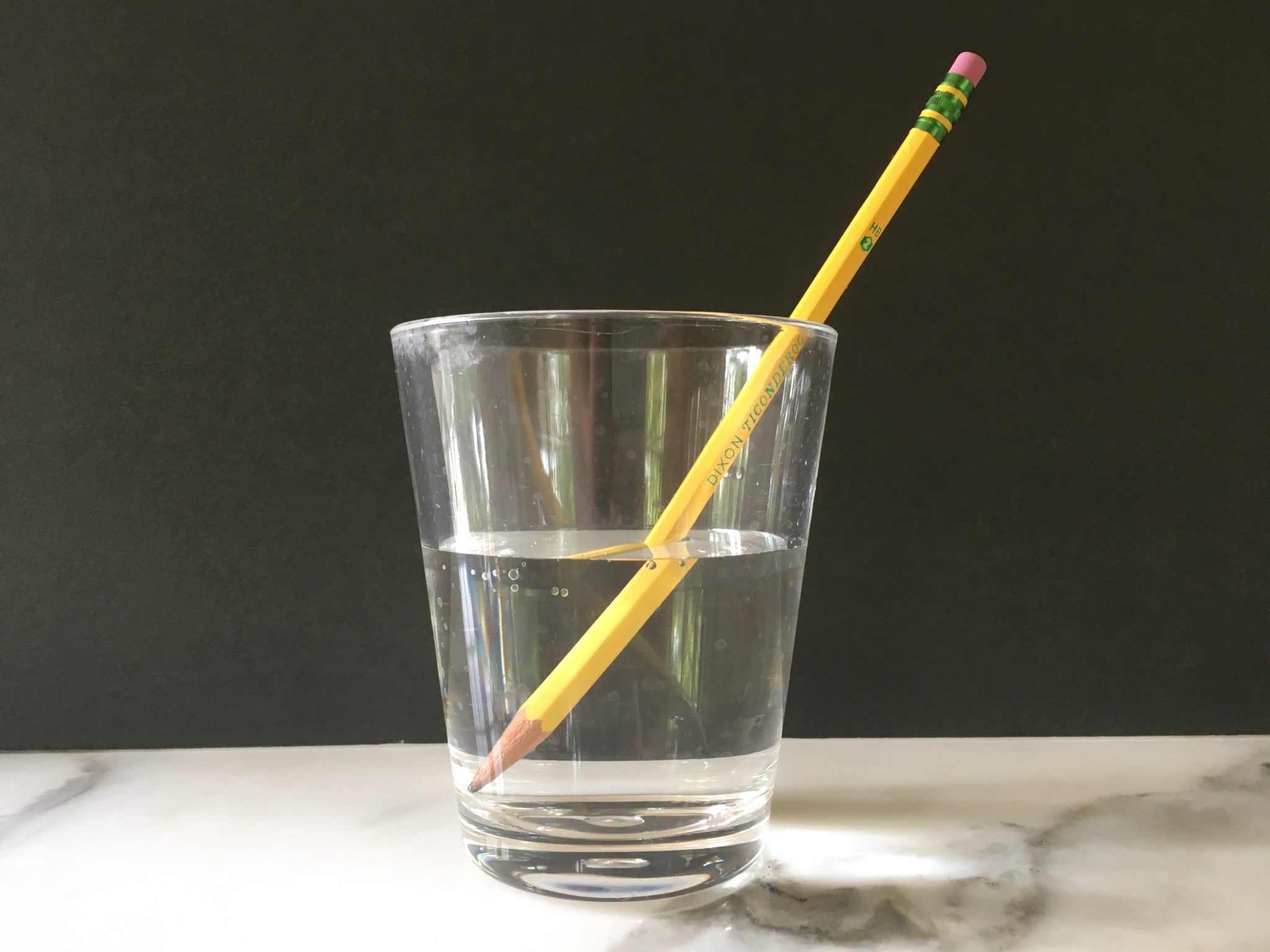
The Broken Pencil Science at Home for Kids
Watercolor Paper Brush or Water Brush Sharpener Graphite Pencils Water, Paper Towels and Masking Tape What Watercolor Pencils Should I Use? Getting Started Know your pencils: Create a sample chart Prepare your paper: mositen and mount Make the preliminary sketch Add color: apply first layer of color
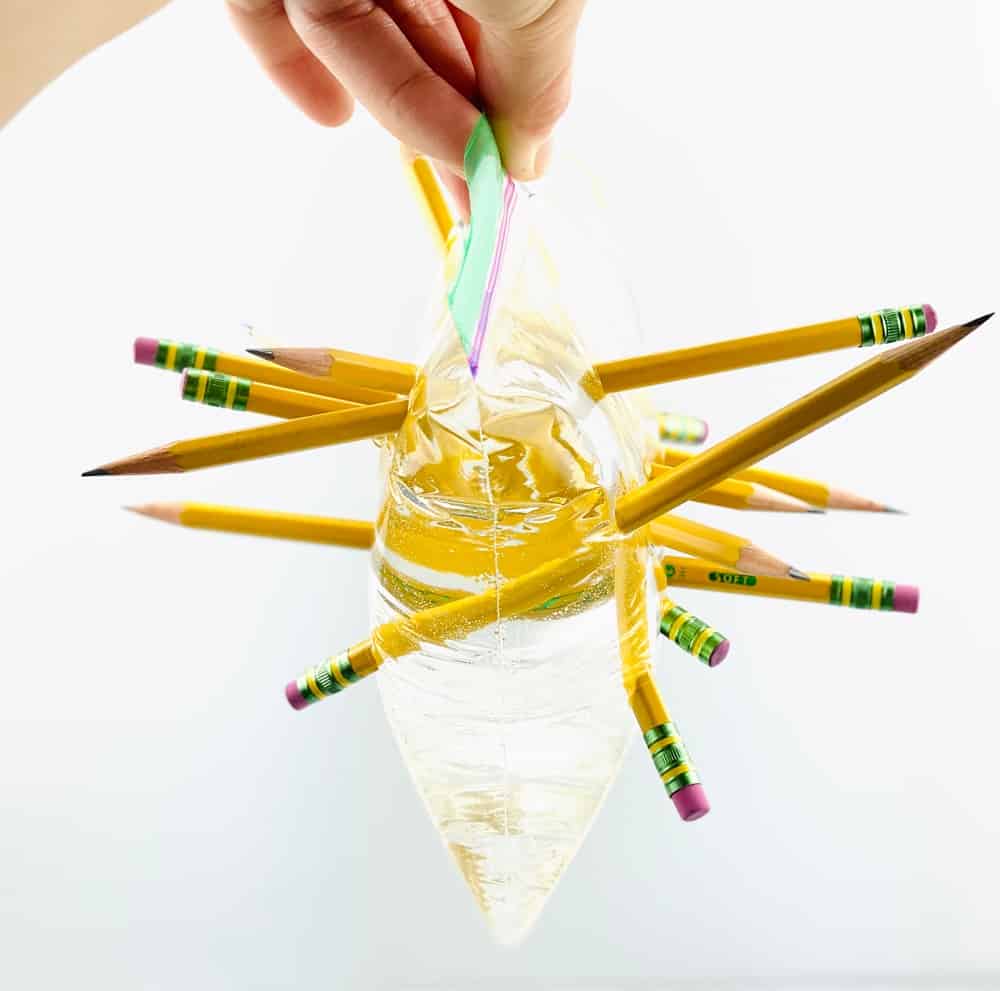
PENCIL IN WATER BAG EXPERIMENT Hello Wonderful
Get the look of beautiful watercolor paints with the control of a pencil! In this tutorial I'll show you how to use watercolor pencils and we'll create a wat.
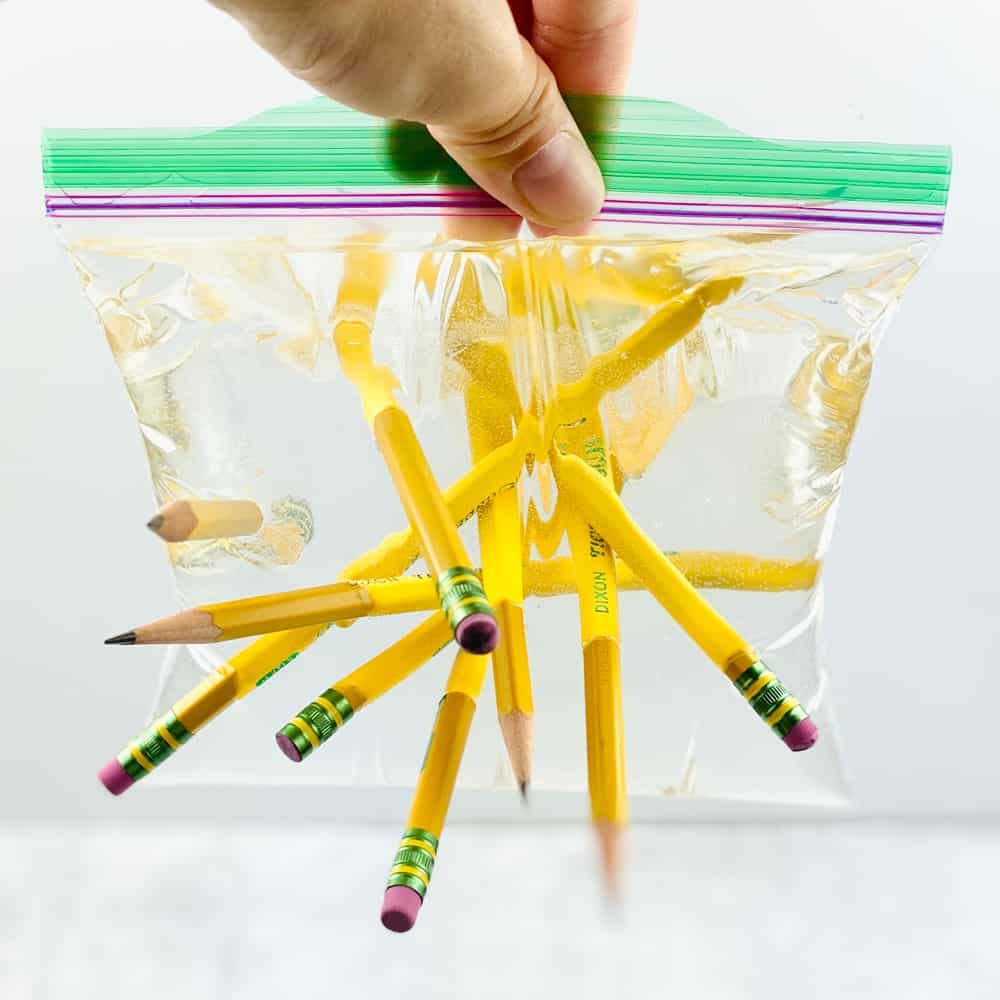
PENCIL IN WATER BAG EXPERIMENT Mallize
Start by applying pencil strokes of your lightest colors in the painting (ie: yellow, orange, red, light blues) and begin to add darker colors by layering into the lighter regions by a slight amount. This will create a gradient between these two colors when you apply water with a brush. Next, apply some darker colors (ie: brown, blue, purple.
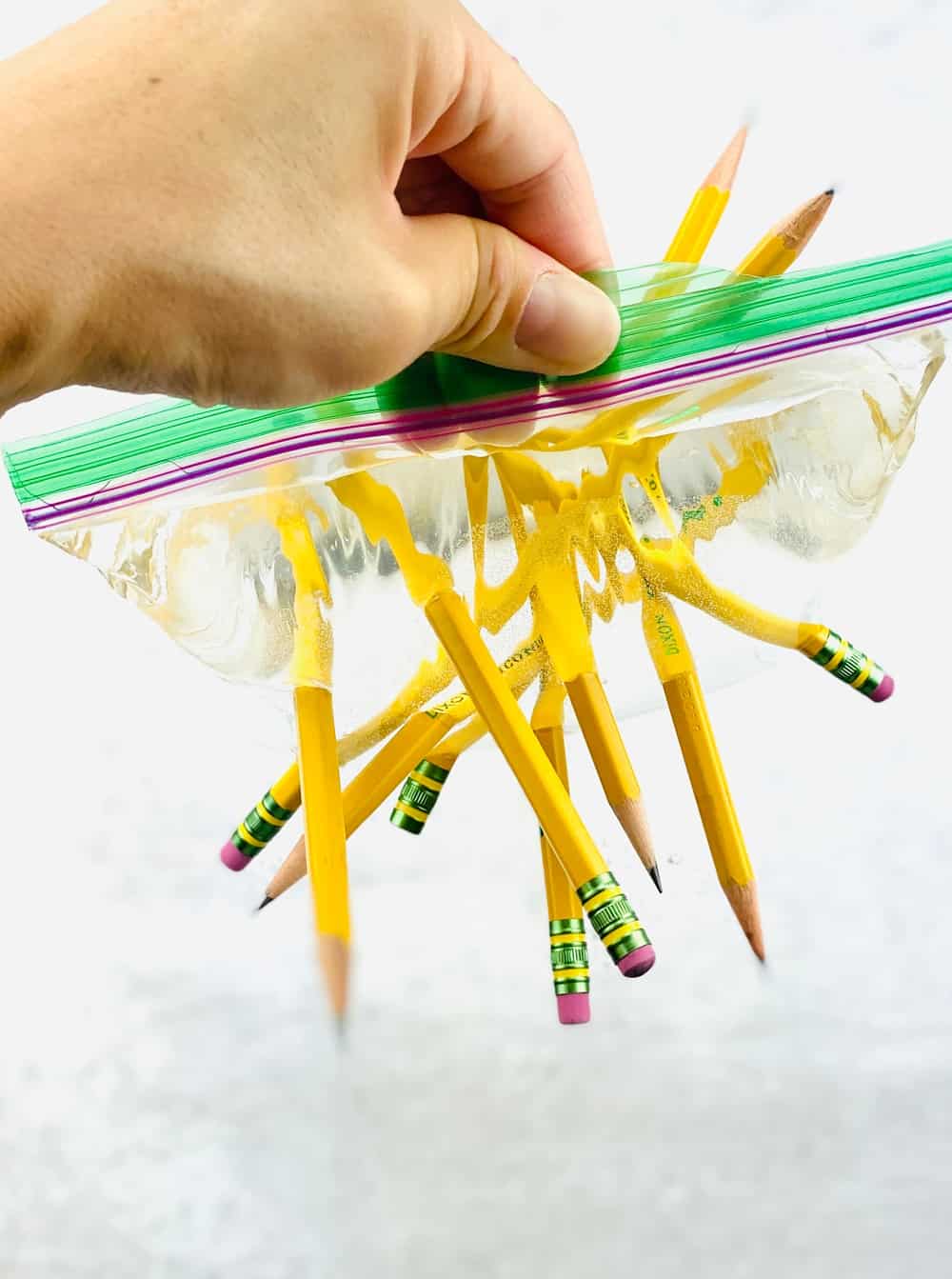
PENCIL IN WATER BAG EXPERIMENT hello, Wonderful
Draw an arrow on a piece of paper and hold it up behind the glass of water, about 30 cm from your eyes. What do you observe? As if by magic, the arrow flips around! The round outside of the glass forces the water into a rounded shape, which acts as a convex lens. This lens bends the incoming light towards the middle.

10+ refraction of pencil in water diagram MerlinTanazzal
April 19, 2023 ♦ Lucy Williams ♦ Art & Crafts ♦ 0 Comments A fashion print for fabric designed using watercolour pencils and other mediums Watercolour pencil drawing is an art form that combines the precision of a pencil with the vibrancy and fluidity of watercolour paints.

A pencil in a glass of water showing the optical distortion caused by refraction of the image
Dry on Wet: First, wet the paper with a brush, and then apply the watercolor pencils to the damp surface. This technique creates a softer, more diffused effect and is ideal for backgrounds or areas with lighter color applications. Wet on Wet: Dip the watercolor pencil tip into water before drawing on wet paper.
FilePencil in glass of water showing refraction.JPG Wikimedia Commons
Drawing water with pencil requires a specific approach. Below are the steps involved in creating a realistic water drawing: 1. Sketch Your Drawing. Before you start drawing, it's essential to have a basic idea of how you want your water drawing to look. Begin by sketching the outlines of your drawing using light lines.
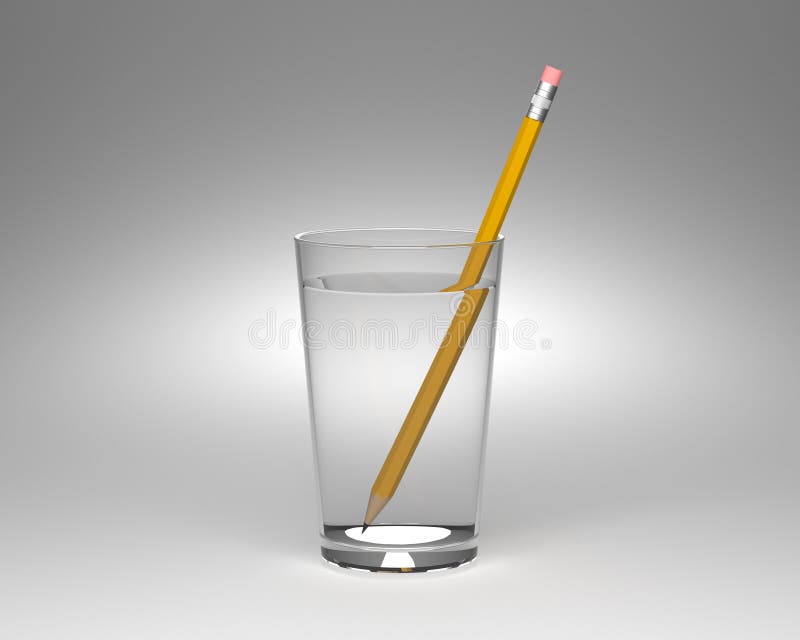
Light Refraction Experiment in a Glass of Water. 3D Rendering. Stock Photo Image of science
In this tutorial, we'll walk you through 7 watercolor pencils techniques & share some tips & tricks! Grab your Watercolor Pencils 👇👇👇 Professional Waterco.
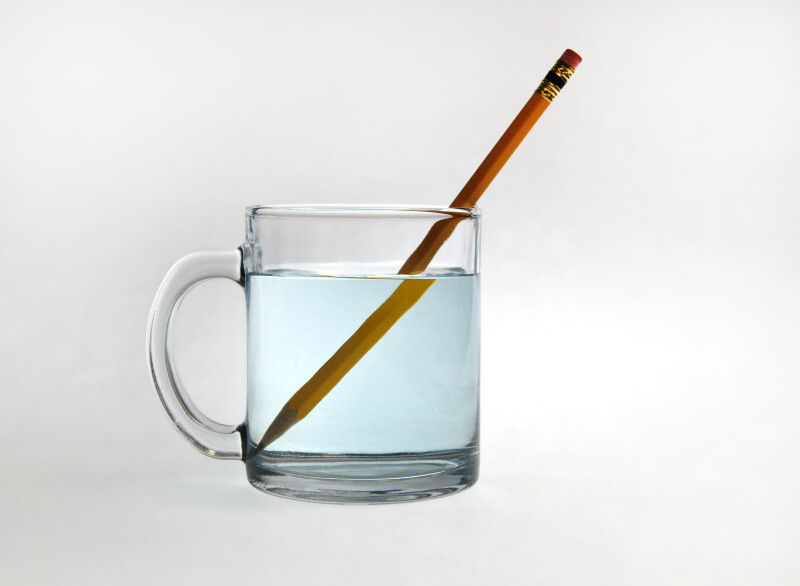
Refraction of Pencil in Cup of Water ClipPix ETC Educational Photos for Students and Teachers
It is an exercise in adaptability. To draw water is to draw light and motion itself and to be comfortable drawing something that is all about form. Because of that, it's well worth the study and practice. If you can draw water, you can draw anything. Regardless of the type of water you're drawing, you'll find brushes and other tools to.

Refraction of Yellow Pencil in Glass of Water Stock Image Image of design, look 182041325
1 Sketch a rough outline with a regular pencil on watercolor paper. Before you begin filling with color, you'll need a rough sketch of your drawing. Don't worry about being too precise or adding too much detail—that's something you'll do later as you layer color. [1]
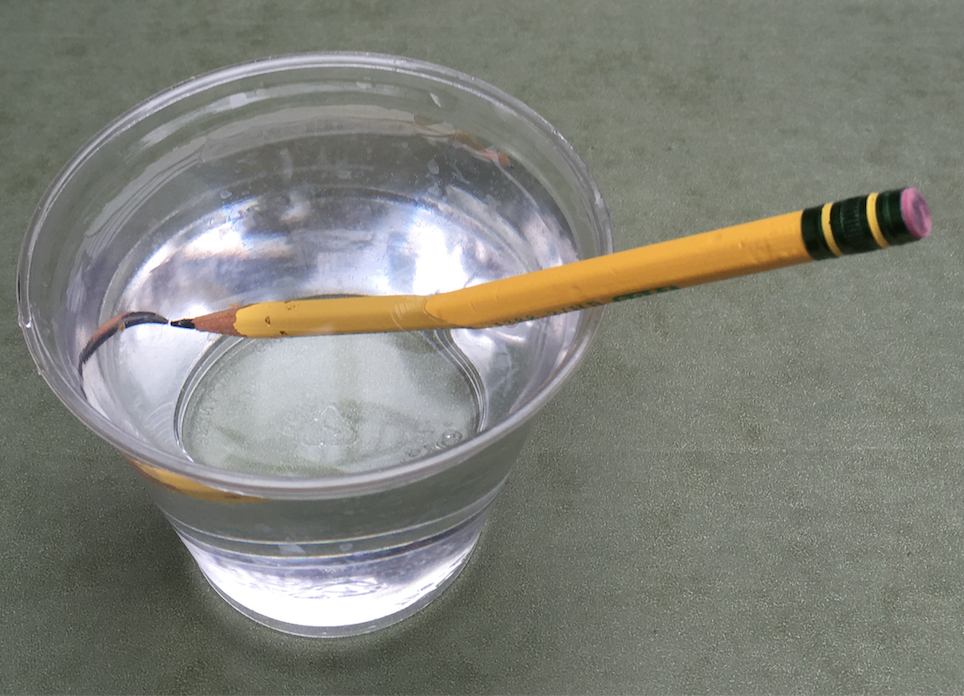
VII. Developing Additional Central Ideas Based on Evidence Exploring Physical Phenomena
Step 1. Fill up your sandwich bag with water and seal (over the sink is recommended) Make sure it's to the top but not so overfilled that you can't close the seal up tightly. Step 3. Take a sharp pencil and punch it through one side of the bag and to the other, but make sure it's not all the way through or water will spill from one end. Step 4.

24918908C2RM Fundamental Photographs The Art of Science
Learn how to use watercolor pencils to create a watercolor painting/drawing. See how watercolor pencils differ from traditional colored pencils. Derwent wate.
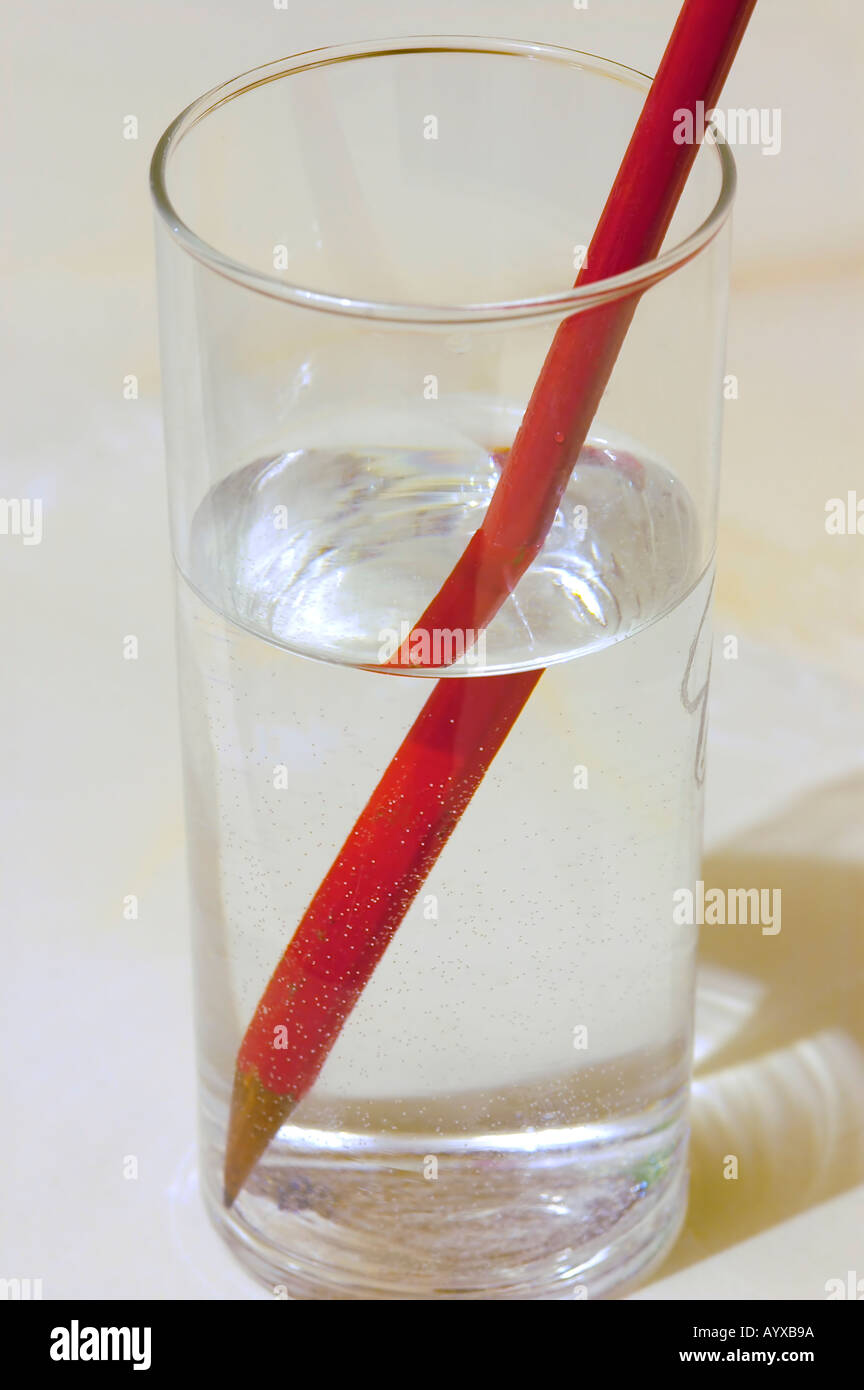
Pencil water hires stock photography and images Alamy
Experiment with watercolor pencils using these techniques: activate pigments with water, paint on wet paper, dip the pencil in water for vibrant colors, apply color with a brush, create a paper palette, and explore layering and textures. Practice various styles and subjects to develop your skills and artistic voice.
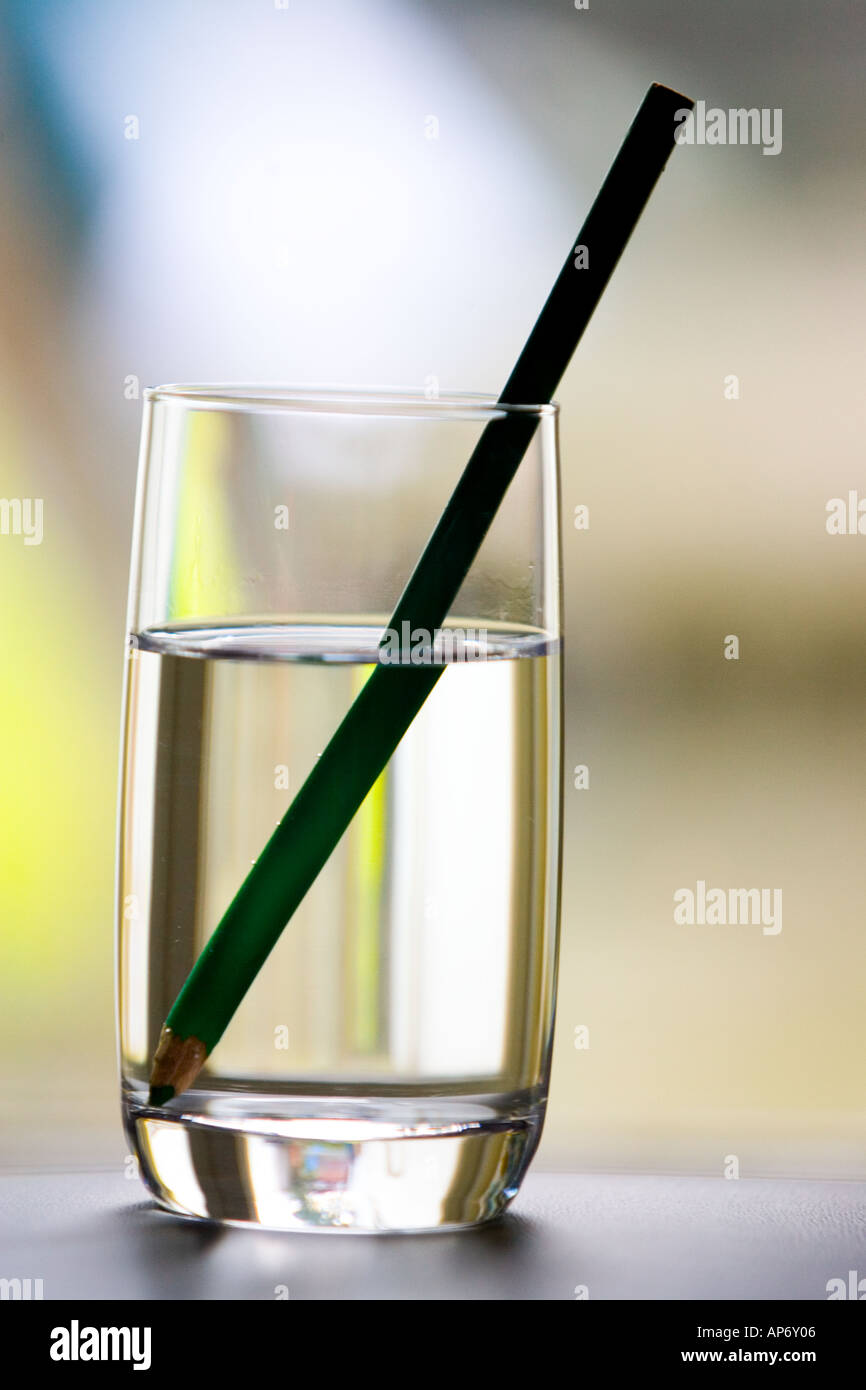
pencil in glass of water Stock Photo Alamy
The pencil in water experiment is a lesson in light refraction. It's a fun experiment to teach kids how light moves in waves just like sound. You can't see light move in waves until something blocks the light (the water) and bends the light. This simple refraction science experiment is super simple, but there is a lot of science behind the magic.
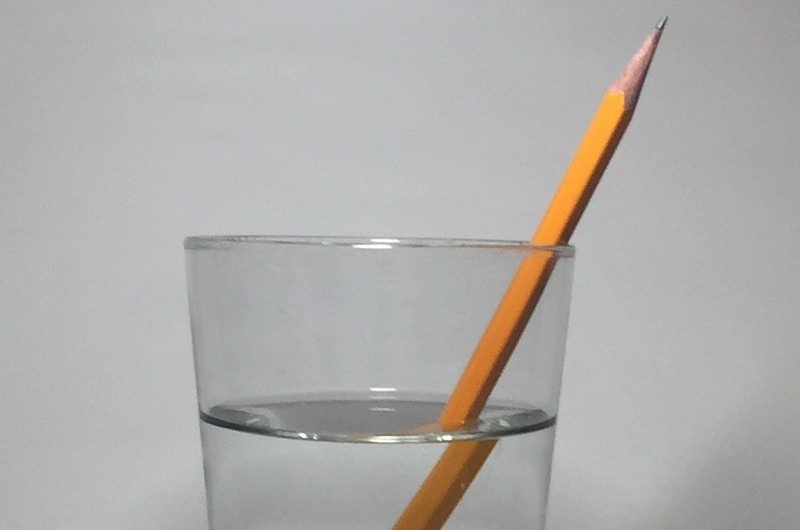
What Is the Refractive Index of Water? Uses, Factors, & FAQ Optics Mag
Watercolor pencils are so much fun, but can be tricky to get started with. This video is a complete guide on how to draw and paint with watercolor pencils.Ge.
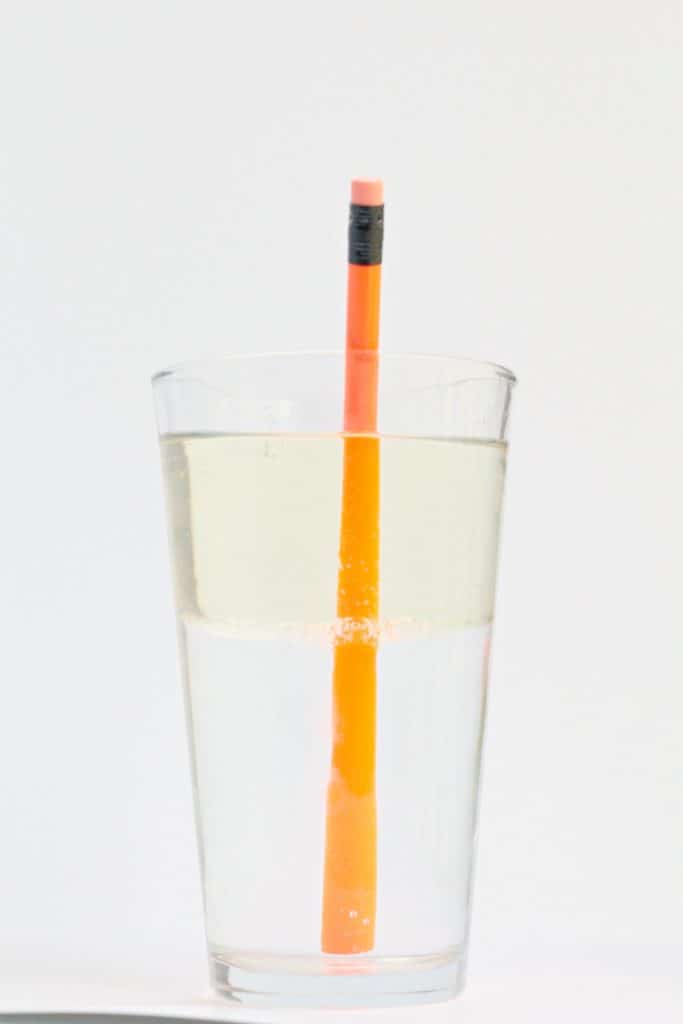
Magic Breaking Pencil Light Refraction Science for Kids
Water In A Bag Pencil Experiment - Water Experiment for Kids Once I told the girls that we were going to be doing something that "might" get them soaked with water, they were 100% down to join. (Even though I was "pretty sure" that they were going to not have any issues since it was so simple)